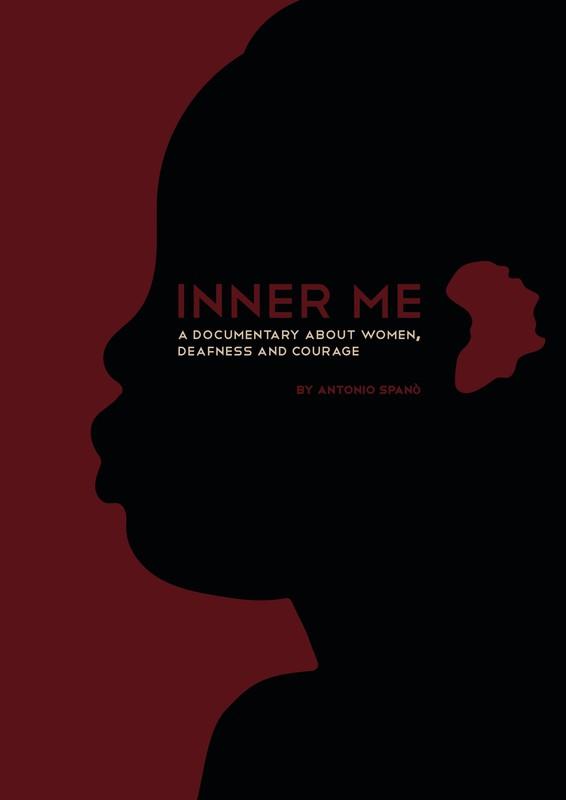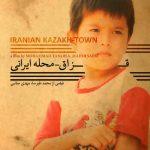Inner Me
Director: Antonio Spanò. Italy. Production Budget: 5,000 USD
Short Documentary (budget under $5k USD)
 Butembo, North Kivu, D.R. Congo
Butembo, North Kivu, D.R. Congo
While following Jemima, a little curious girl who wanders through dusty roads, crowded markets, slaughterhouses, furnaces and bat hunters we get acquainted with three women who describe the harsh realities of being born female and deaf in a society that discriminates against both women and people with disabilities.
The stories of Immaculée, Sylvie and Stuka are stories of everyday struggle against marginalization, abuse and oppression, but despite the insurmountable obstacles imposed on them by society, the protagonists show us how their strong and undefeated will allows them to take hold of their fate every single day and reveals the beautiful resilience of the human spirit.
Director Biography
After graduating from the University of Siena, Antonio Spanò decided to leave a career in law behind in order to pursue his love for documentary filmmaking. His first experience as an independent filmmaker was in Kurdistan, Iraq when he was 22 years old.
His previous films The Silent Chaos and Animal Park both set in Congo, won many awards in 2013-2014. Both films are a Journeyman Pictures exclusive international distribution and have been broadcasted in many countries around the world.
Antonio currently works as a freelance camera operator and has traveled to Afghanistan, Libya and Haiti working for TV productions (RAI, MTV), reportages and film productions.
Director Statement
Inner Me is our inner voice. That voice that is so clear within us, but that we might have difficulties expressing to the world. Within all human beings, regardless of who they are, resides an inner voice. Communication and relationships are primal necessities for all of us, and as a filmmaker I am interested in telling stories about the challenges we all face in revealing to others our world, what we are thinking, what we feel and what we desire. These challenges influence the way we relate to everything around us. Deaf people are the example of the effort it takes to communicate our inner selves.
While working on my previous film “The Silent Chaos,” which was originally supposed to be a documentary about the effects of the civil war in Congo, I met a community of deaf people in Butembo who accepted and welcomed me. I was deeply moved by their stories and felt compelled to make another documentary to give voice to the struggles of deaf people in Congo, this time from the perspective of the women.
Butembo is not only the backdrop to the story, but also one of the main protagonists. I did not want to capture a factual record of the city, but rather to engage with the story’s surroundings in a dynamic way. In North Kivu life happens on the street. With a hand held camera we follow Jemima directly into the hustling streets and the chaotic life of Butembo and take the audience along with us into the beating heart of the city, into the dust.
From the beginning I avoided the observational effect with an objective point of view often found in anthropological documentaries. I was able to create a relationship of trust with the women in order for them not to view the camera as an intruder. I followed the protagonists inside their everyday lives, not stopping at the mere chronological description of their work and personal environments, but capturing their most intimate realities to reveal their inner me.
Each stylistic approach serves to enhance the intimate dimension of “Inner Me” and to represent as closely as possible the world of the women. The editing weaves rhythmic sequences with visual breathing spaces and close-ups. The original soundtrack holds the narrative structure together easing the audience into the story.
The film will inspire many kinds of people regardless of their background and whether they have normal hearing or are deaf. At its heart it is a story about women, courage and the importance of communication and relationships in our lives.
